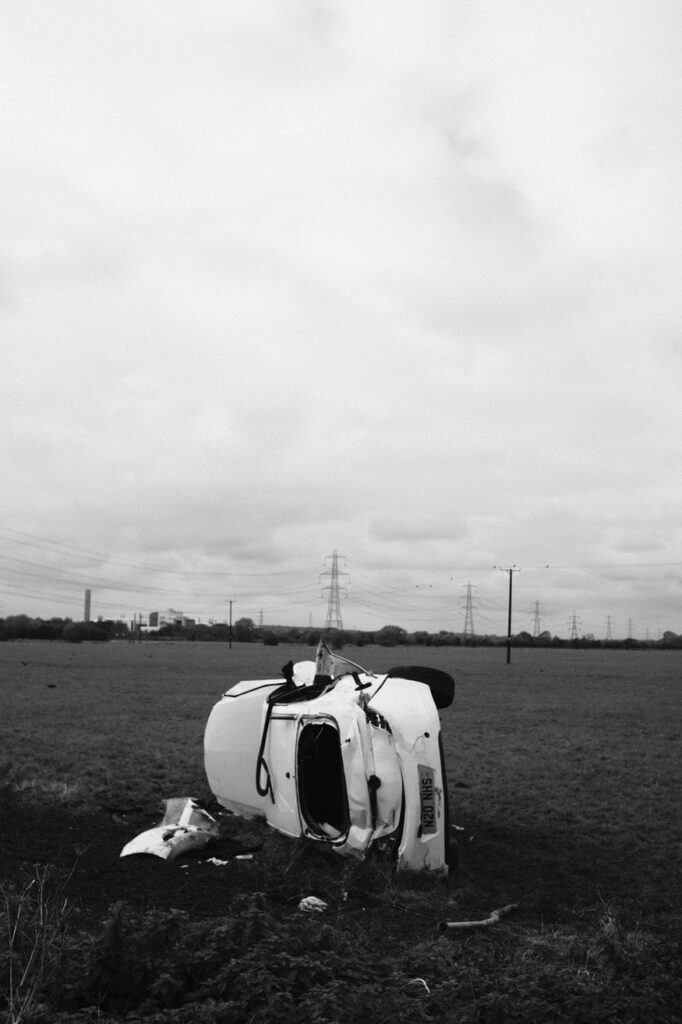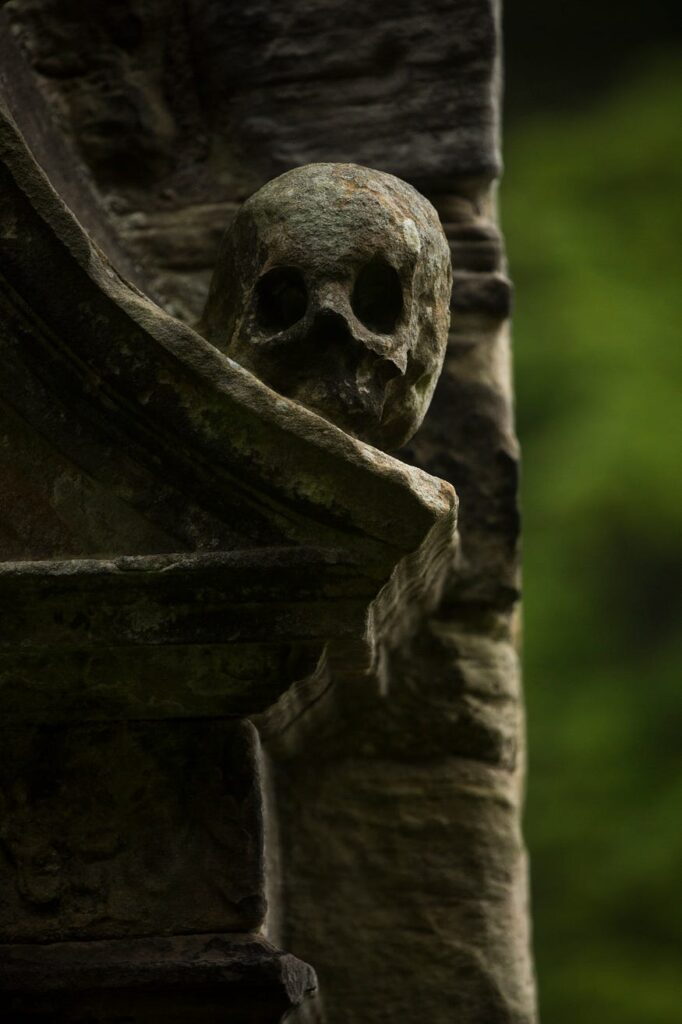Stoicism vs Andrew Tate
A Tale of Misappropriation and Misconception

It was in the heady days of the Summer of 2022 as I was interrailing throughout Eastern Europe before heading to a music festival in Budapest that the name Andrew Tate was brought to my attention.
As I went from hostel to hostel, the mentions of the Tate brothers and their comparisons to the Stoics amongst fellow travelers within the age bracket of 18 to 22 were persistent.
So, rather than forming an unfair opinion without the necessary information, I decided to do some research, and what I found initially worried me.
In the following months, what transpired increased that worry, particularly for the impact these brothers are having on impressionable young men and teenagers through their vast social media presence.
A Brief Overview
For the sake of context, the Tates have shot to prominence as a result of their controversial opinions regarding women, masculinity, and many other issues. This is compounded by the fact the two brothers have been charged with rape and human trafficking in Romania.
In spite of or perhaps because of this notoriety, the brothers remain quite popular within a certain demographic of lost young men who continue to hang on their every word. There is much that could be discussed concerning their actions and the advice that they present to such young men. However, for the purposes of this article, I will endeavor to stick to a discussion of their views on Stoicism and how their faux-intellectual advice has attempted to appropriate the core tenets of this ancient Hellenic branch of philosophy.
Although Andrew has claimed to be broadly knowledgeable on the topic of Stoicism, he has frequently offered up advice and interpretations that are either plainly wrong or purposely misleading. This has simultaneously played on previous misconceptions about what it means to be a Stoic and attempted to link the philosophy with his brand of toxic masculinity.
It is worth noting that it remains debatable whether Andrew or Tristan actually believe much of what they currently profess, or if it is merely a ploy to gain further coverage and popularity. An issue that I have discussed in a previous article on self-help, wherein I would ask you all to be very careful in deciding on the sources of information and inspiration we choose to buy into. Unlike the ancient Stoics, there may be an agenda behind such advice, which undermines the effectiveness of the information provided.
The Unfeeling Stoic?
One of Andrew\’s primary misconceptions as to the Stoic ideal falls within the untrue belief that Stoics are unfeeling, cold individuals. In much of the advice he presents, he asks his students to simply get over things and equates feelings with weakness. To be a man in his view is to simply push onward without ever grappling with the complexity of the emotion. This coping mechanism is not only deeply unsettling but also in direct contravention of the core tenets of Stoicism.
The Stoics would ask of us to ensure that our feelings are not given undue control, that we focus on what is within our power to alter, and in so doing find healthy and mature ways to deal with the unhealthy emotions which beset us.
Humans, by their very nature, are emotional beings and to cut off that element of ourselves is extremely counterproductive. To be a Stoic is to examine our feelings and ensure that we rationally approach our emotions. The key to this is to ensure that when we find ourselves in a difficult situation, we analyze what is happening, dividing issues into what remains in our control and what does not.
“Who does not admit that all the emotions flow as it were from a certain natural source? We are endowed by Nature with an interest in our own well-being; but this very interest, when overindulged, becomes a vice.” — Seneca
Much of the unhealthy emotions that Stoics aim to eliminate, i.e. rage, frustration, and envy, stem from worrying about things that lie outside of our control. Therefore, when we develop this mechanism of tackling what we can control and remaining indifferent to what we cannot, we are left with healthier emotional responses. This is contrary to the Tates’ advocacy for a more traditional trope of the stiff upper lip. This outdated approach is an unsustainable one and can lead to unhealthy emotions manifesting in toxic behaviors going forward.
Further to this point, the comparison which Andrew constantly draws us back to is that men, by their nature, feel emotions to a greater degree than women. This is also patently untrue and feeds into the misogyny which underlies much of what Andrew preaches. It is also worth noting that for the vast majority of the claims made by these influencers, no tangible evidence is provided, whether it be sufficient background research or real results of any form.
The deluded belief in a righteous form of anger
The issue of emotion is one that the Tates continually struggle to understand about Stoicism, which can be evidenced in the microcosm of the myth of justified rage. This is a common misconception that has been furthered by several right-leaning self-help gurus, foremost amongst them Jordan Peterson.

Rage, by its very definition, is an unnecessary response to a wider issue, one which is never conducive to a better outcome and can firmly be placed within the category of unhealthy emotions.
The example which is often provided by Andrew and Tristan is for young people who have been broken up with by their significant other. Again, this is tied up with the often misogynistic views of the brothers and their over-arching goal of targeting individuals on the fringes of society who have come to feel disenfranchised in the modern day.
Andrew would argue that a man who has been dumped should rightfully feel anger and outright rage toward the individual who has left them. Rather than engaging in any form of introspection or wider regard being given to what may or may not lie within one\’s control, Andrew believes that such an extreme and intense feeling should instead be utilized. In putting the anger to work, by going to the gym or by doing hundreds of push-ups, etc.
However, this fails to address the root of the issue and fundamentally undermines the claims made by the brothers to be adherents to Stoicism. A further issue is that when an individual makes as many outlandish and borderline insane comments as the Tates, advice which on the face of it hides behind a veneer of comparative reasonableness can, in fact, be equally harmful.
Although studies have provided evidence as to the effect physical exercise can have on the mind, without that degree of introspection individuals can never get to the heart of why they felt the way they did in the first place. Stoics must first understand their emotions and work towards eliminating toxic emotions such as the entitled rage, which the Tates have claimed to be a vital tool in self-development.
Rage should not be a normal reaction in any instance, even more so when a relationship ends, because rejection in and of itself is a core element of the human experience.
“How much more grievous are the consequences of anger than the causes of it.” — Marcus Aurelius
No one person will go through life without enduring some form of rejection. Therefore, individuals who buy into Andrew’s teachings will continually accept that an unhealthy and unproductive emotion is the norm and even something that may be beneficial to them.
The Stoic approach, by way of contrast, would be to accept that the relationship has ended; it is now an issue that remains firmly outside of their control. However, through this form of introspection, one could conclude that happiness should not be wholly contingent on the presence of another individual in their lives. In this respect, Andrew not only misappropriated and fundamentally misunderstood the Stoic ideal, but he also ensured that his students failed to develop proper emotional intelligence and overall skills useful in everyday life.
Success = Material Possessions?
A further element of the Tates dichotomy on what it means to be a man in the modern day which falls short of the Stoic ideal is the manner in which they equate material items to success. This has led to his legion of supporters responding to any criticism of their mentor with the unhelpful question, “What color is your Bugatti?”

For Andrew and Tristan much of what they believe to be not only indicators of success but also preconditions of such, are items including their fast cars, expensive watches, and the wads of cash that they are so eager to show off on social media. Yet this is also a fundamental misunderstanding of what it means to be a Stoic.
The Stoics placed little importance on material items or wealth. Rather, success for a Stoic should be placed upon being a better version of ourselves than the person we were yesterday.
Success lies in being a positive influence on those around us, in making others better not only when we are around them but also serving as inspiration for individuals in our absence. For truly,
“What man is a man who does not make the world better?” — Balian of Ibelin, Kingdom of Heaven
Overall Andrew’s claims that he has read the Meditations of Marcus Aurelius and adopted his teachings fall flat in almost every respect of his advice. Yet none more so than the fact that he must have missed this line in the only written work of this great man entirely,
“Just that you do the right thing. The rest doesn’t matter. Cold or warm. Tired or well-rested. Despised or honored.”
In the end, we all die, the concept of memento mori reinforces that for us, and as our time grows ever shorter we will not be judged on the wealth we have accumulated. The watches, supercars, and unnecessarily lavish villas will count for naught. Just that we did the right thing, we lived our lives as good people and we left our little corner of the world better by way of having passed through it, that is how one lives the life of a Stoic.

Conclusions
My research on the Tates has not only shocked and worried me on many occasions, but it has also left me disheartened.
An entire group of young people has lost their way as a result of the teachings of a demagogue who has misappropriated such an important philosophical school of thought for his agenda.
This hits me even harder than most, as I was once an unsure eighteen-year-old confused about my place in the world and uncertain as to the correct way to live my life. Fortunately, I stumbled upon the Meditations and was able to shake off many of the negative emotions that threatened to engulf me at the time.
I could have just as easily stumbled across Andrew Tate …..
In the United Kingdom, there are now initiatives to counter the teachings of Andrew Tate at the secondary school level, such is the corrosive impact he has had on an entire generation of young men. I am also conscious of the fact that every article, every video, and every outraged tweet about the topic draws further attention to a man who deserves no further exposure.
Yet it is important that we do not allow Andrew Tate and his ilk to corrupt such a force for good in his misguided attempt to preach “Stoic” ideals and concepts. Further, we as Stoics, individuals who take responsibility for the world around us and seek to better it through our self-improvement, must act to ensure that we are role models for the generation to come.

The vast majority of these lost young men who now buy into such a toxic mindset do so because they lacked an individual in their life to show them what it is to truly be a man.
There is room for kindness and empathy in this new more inclusive form of masculinity. But, to ensure that we do not take any further steps backward in this regard, we must ensure that we light the path ahead for those who have lost their way.
I was fortunate in this regard, doubly so in finding the Meditations at such a vital age. Not everyone is as lucky. For those who found Tate instead, it is up to all of us to provide evidence for what Stoicism really is and what it means to be a true adherent of the Stoics in the modern day.
“All men are made one for another: either then teach them better or bear with them.” — Marcus Aurelius



